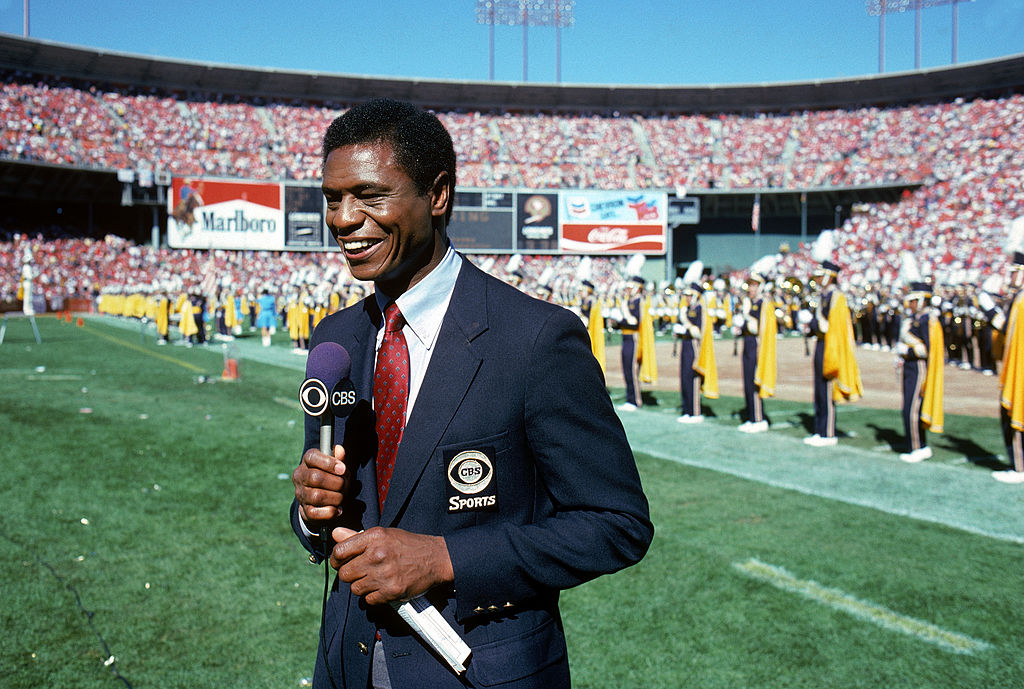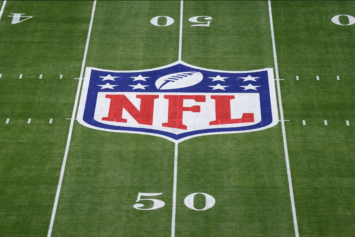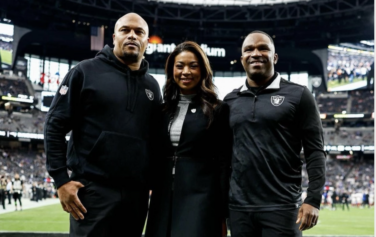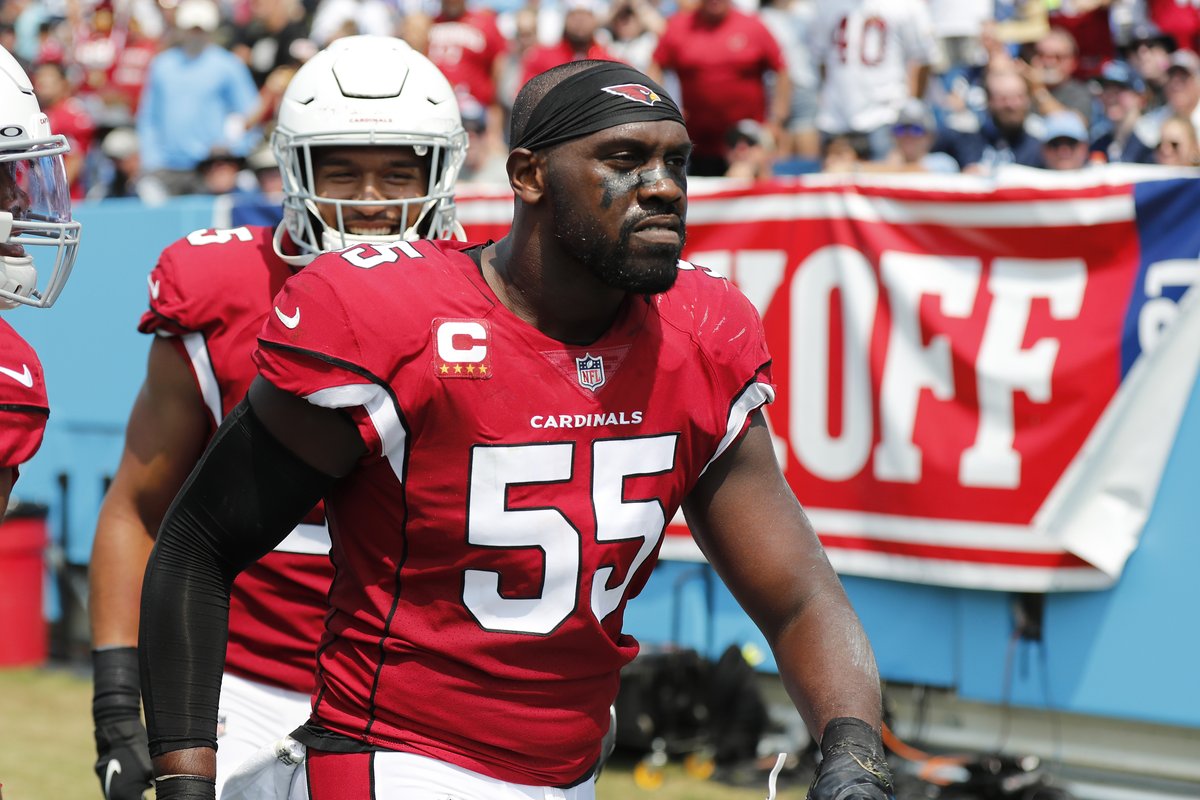Former two-time Pro Bowl CB with the Philadelphia Eagles Irv Cross who died in 2021 has been posthumously diagnosed with chronic traumatic encephalopathy (CTE), the degenerative brain disease prevalent in former professional football players.
Cross’ brain had been donated upon his death to The Boston University CTE Center, and they made the finding this week.
“Mr. Cross was diagnosed during life with mild cognitive impairment and was found at autopsy to have stage 4 chronic traumatic encephalopathy (CTE), which is the most severe type of the disease,” BU CTE Center director and neurologist Dr. Ann McKee said in a statement Tuesday.

“Through his brain donation, Mr. Cross’ legacy will be able to help increase our understanding of CTE in living contact sport athletes and others who have experienced repetitive head trauma.”
How Did CTE Impact Cross?
At the completion of his football career Cross became the first Black man to work full time as a sports analyst on national television.
Stage 4 is the most advanced stage of CTE, showing the kind of damage that often causes cognitive and behavioral issues. Cross struggled physically with his balance and was paranoid.
“He really didn’t want to be with people,” said his widow, Liz Cross to ESPN. “The only person he wanted to be with was me. When he was with me, he really didn’t want to be with me. He just wanted me to be there. Toward the end he saw things that weren’t there.”
The BU CTE Center has diagnosed 345 former players of 376 studied, with CTE. That’s a rate of 91.7%. CTE can only be diagnosed after death.
“I do think there’s more education about the risks of football and I do think there’s more awareness of concussion management, but I still think we’re way, way behind where we should be,” Dr. McKee said. “We need to educate young athletes that this is a risk that they are undertaking. We need to educate coaches to keep head trauma out of the game. We need to do more managing of athletes by monitoring them better. I still think there’s a very cavalier attitude toward CTE. There’s a lot of denial.”
What Is The NFL’s Response To CTE?
Before ever acknowledging a connection between football and brain trauma, The NFL spent a lot of time and capital discrediting the scientists that initially made the link to the collisions in football with the degenerative brain disease. Dr. Bennet Omalu, a Nigerian-born forensic pathologist, was the most prominent name caught in the league’s crosshairs.
After several lawsuits involving former players and head injuries that led to brain damage, the league was required to compensate former players who suffered from brain trauma with an approved $1 billion settlement plan.
In 2016, NFL commissioner Roger Goodell announced the launch of an initiative to drive progress in the prevention, diagnosis and treatment of head injuries. The $100 million “Play Smart. Play Safe” action was meant to go toward enhancing medical protocols and improving the way the game is played and taught.
No matter what types of initiatives the league undertakes, tackle football is an inherently violent and dangerous game. Unless you remove tacking, players will continually be posthumously diagnosed with this terrible disease.



